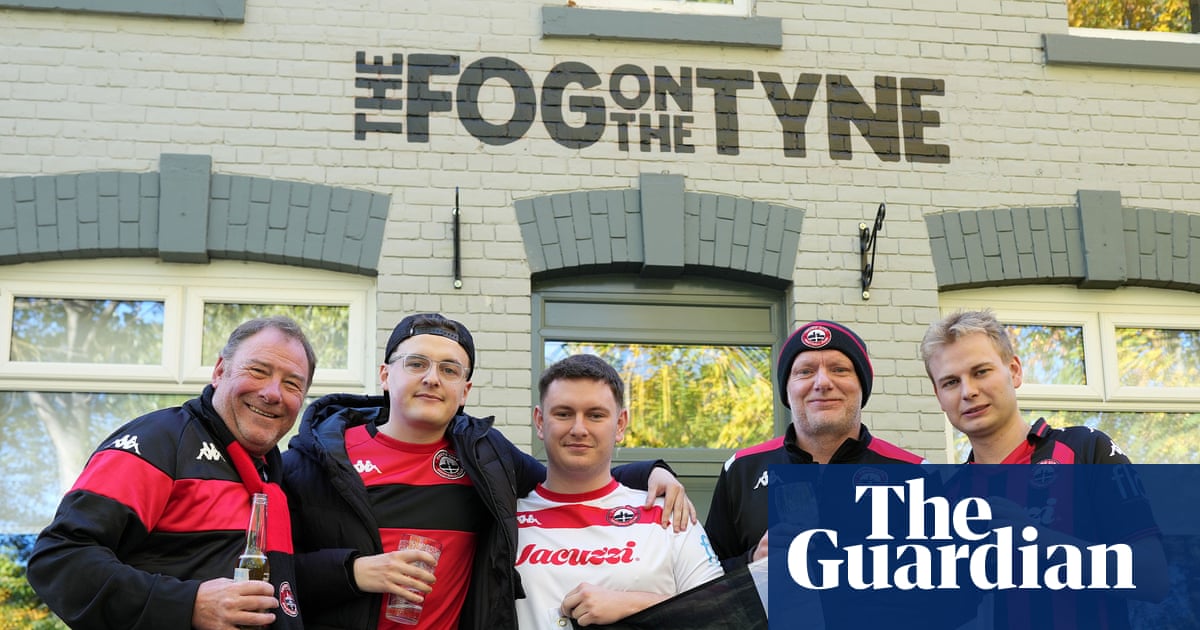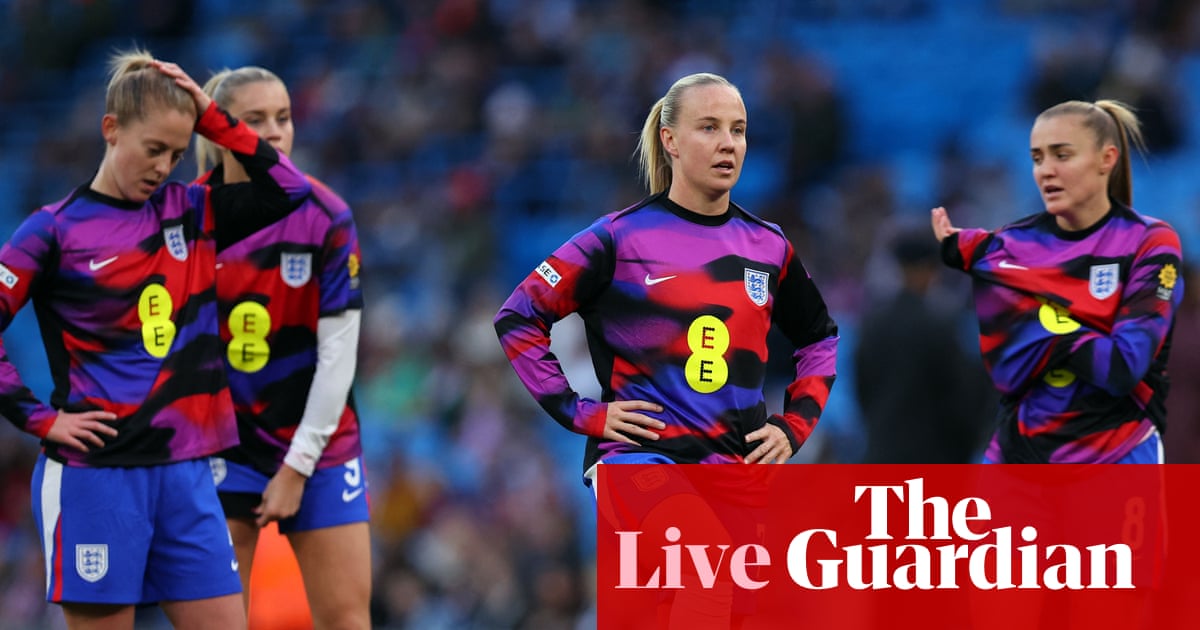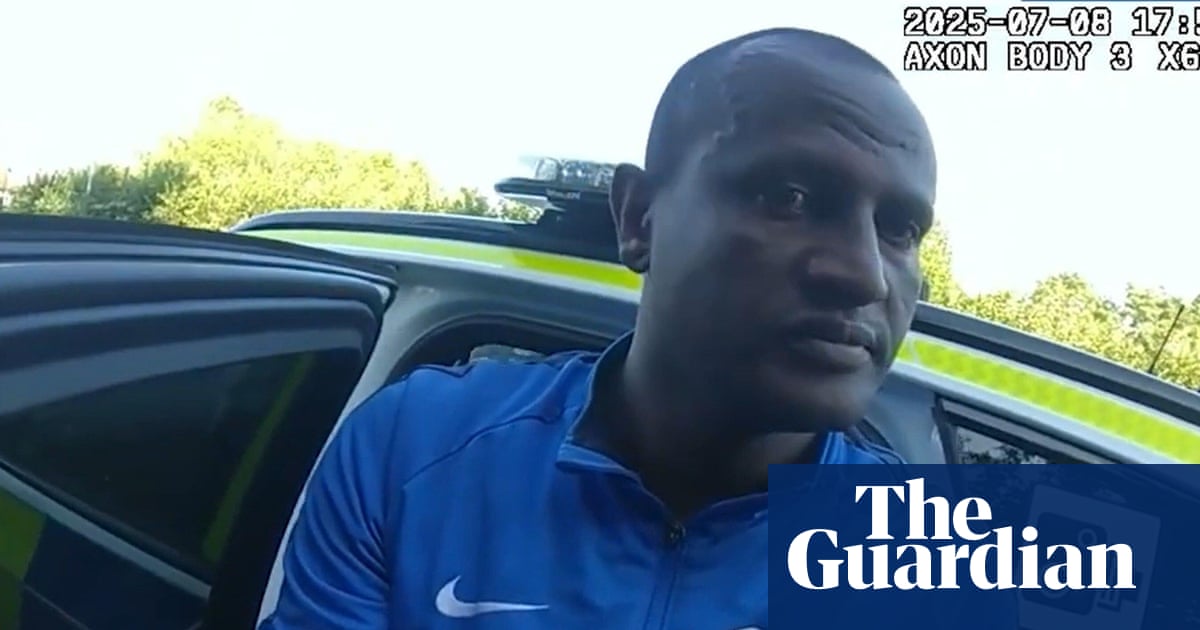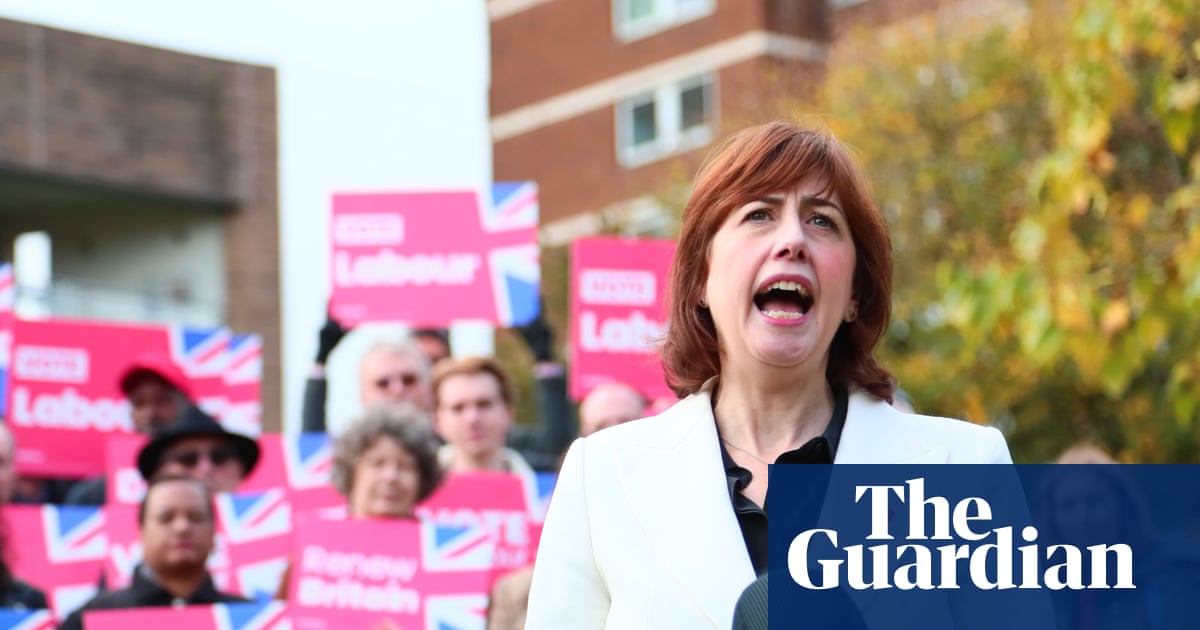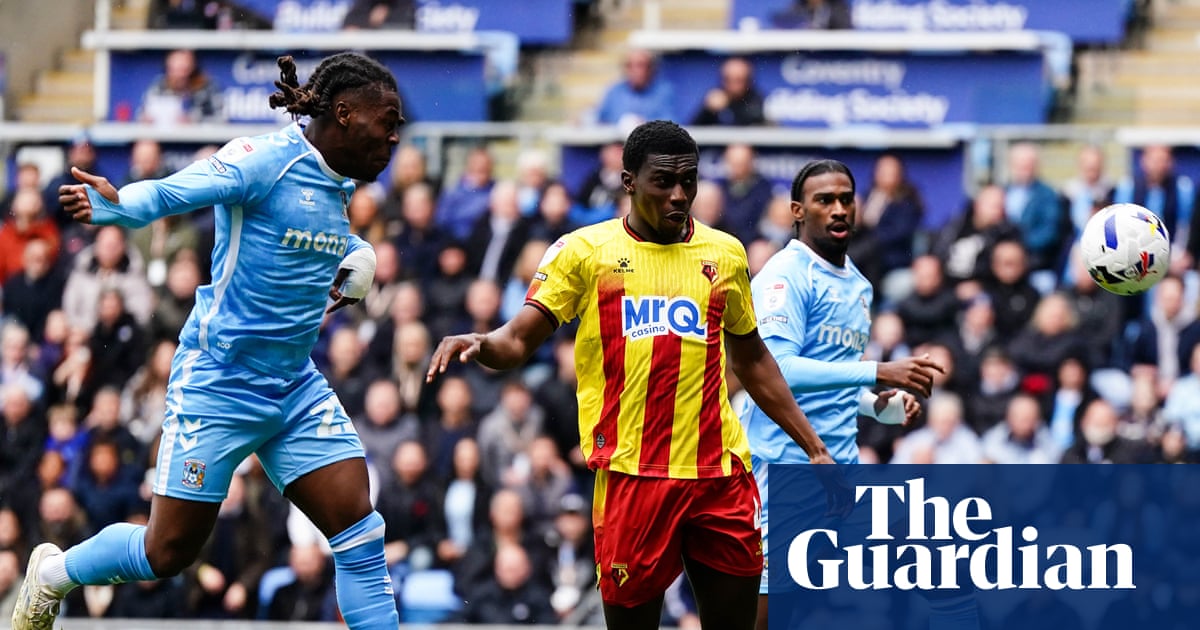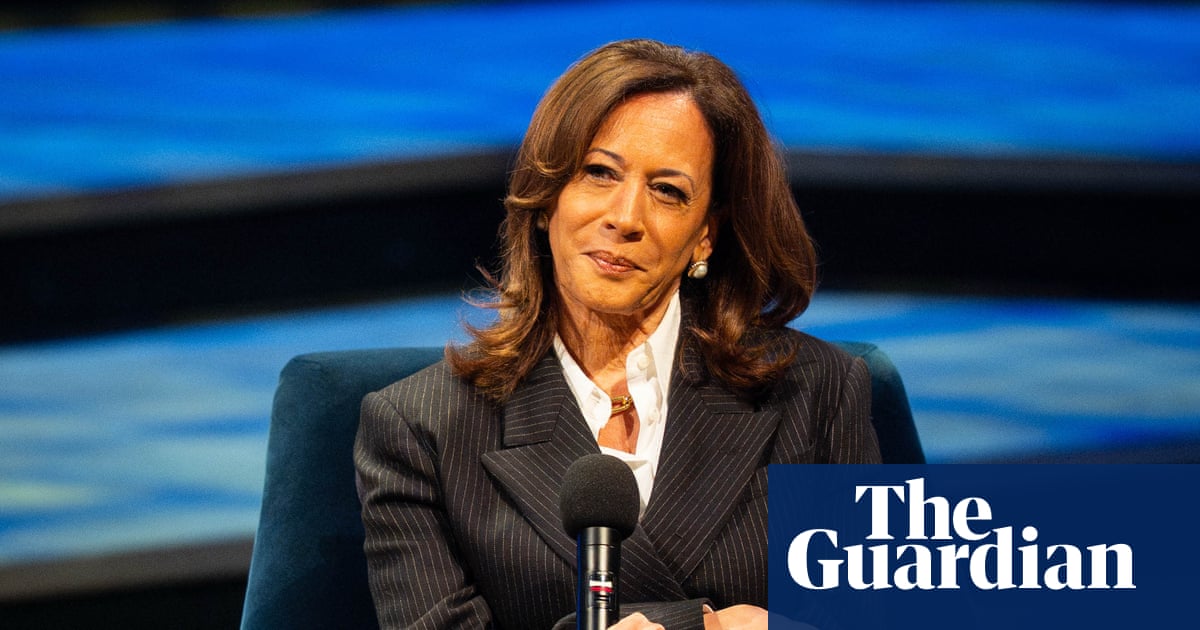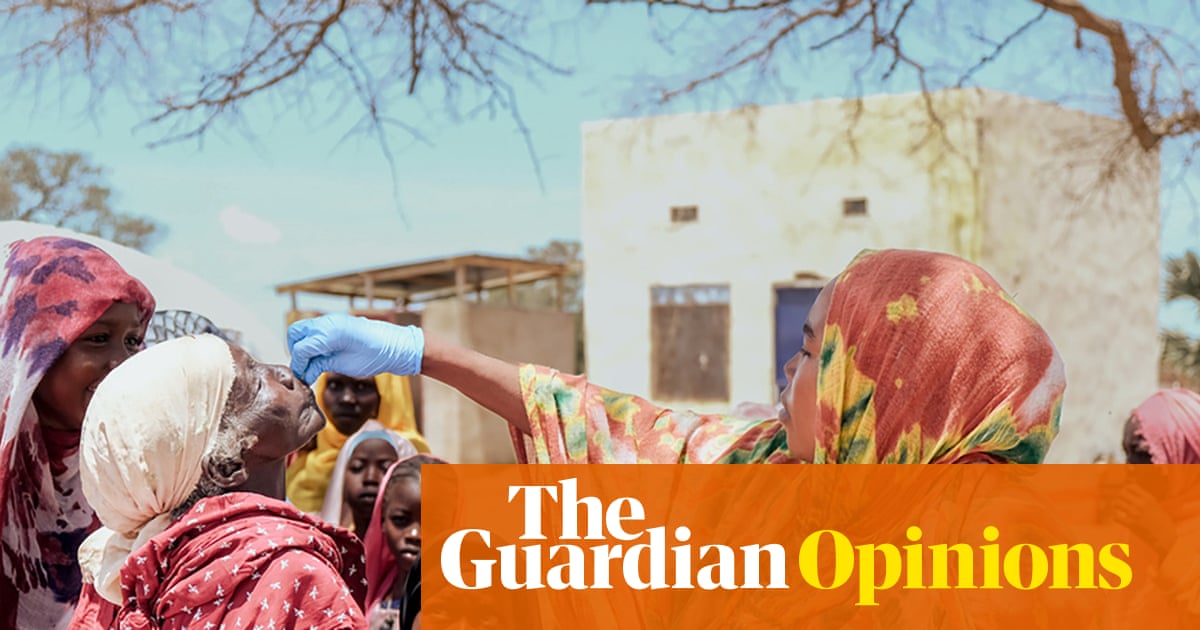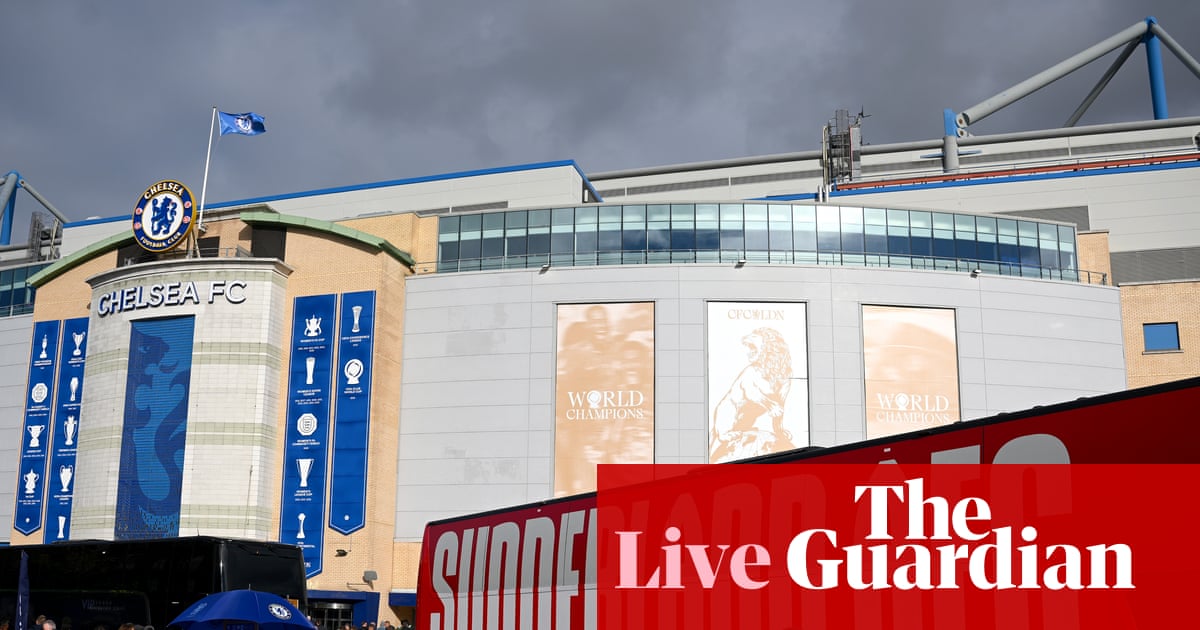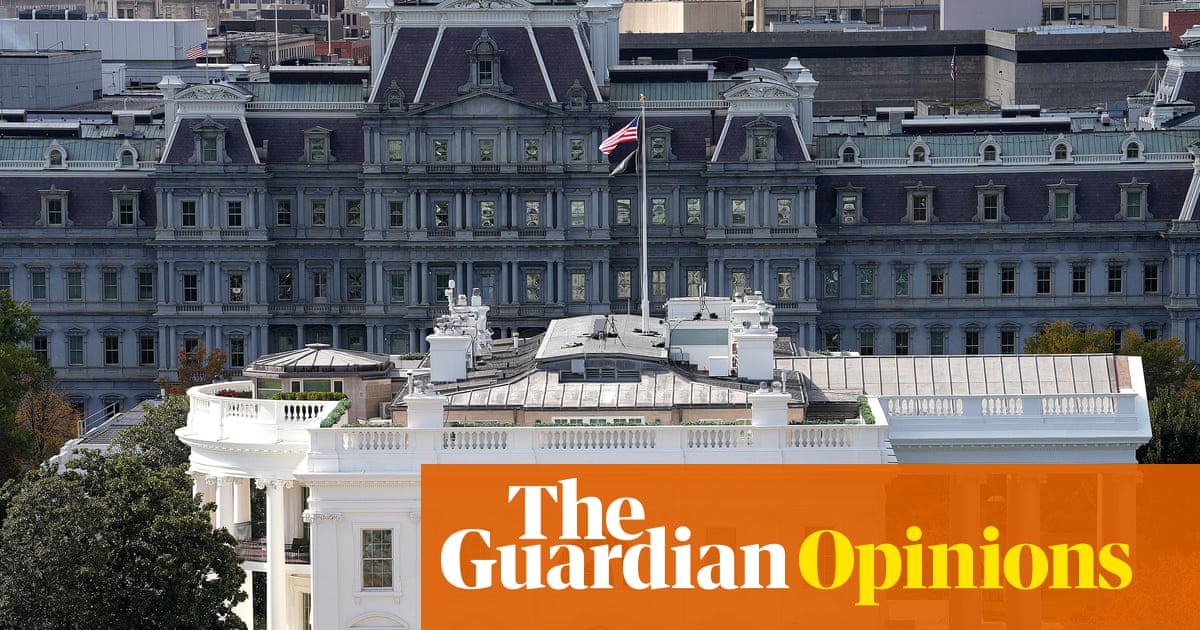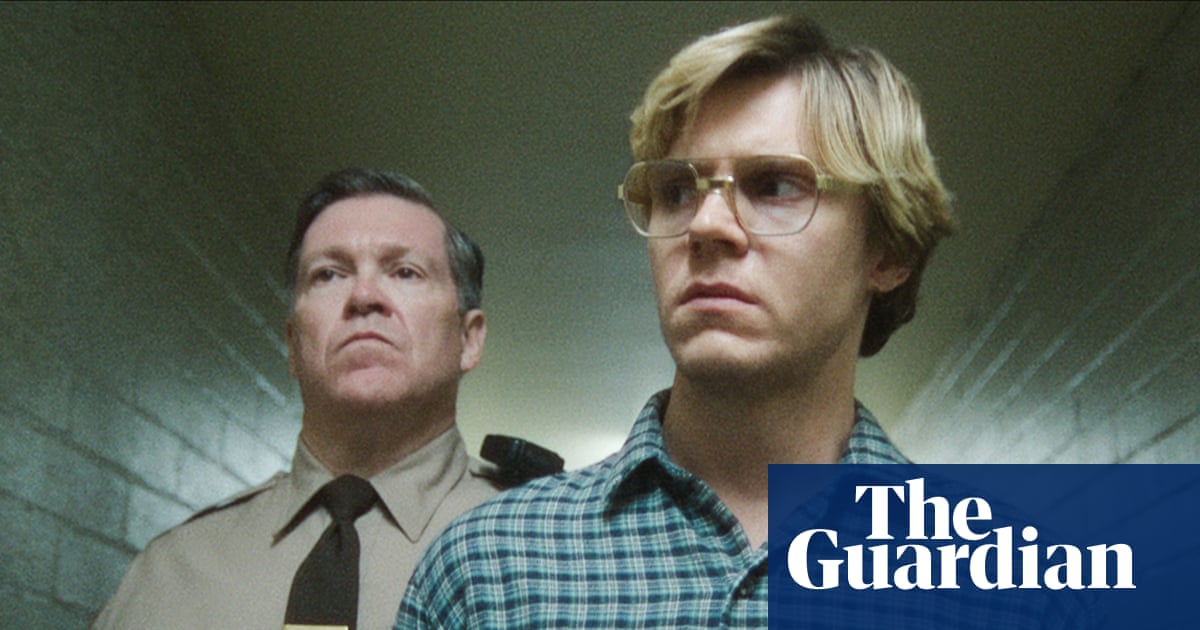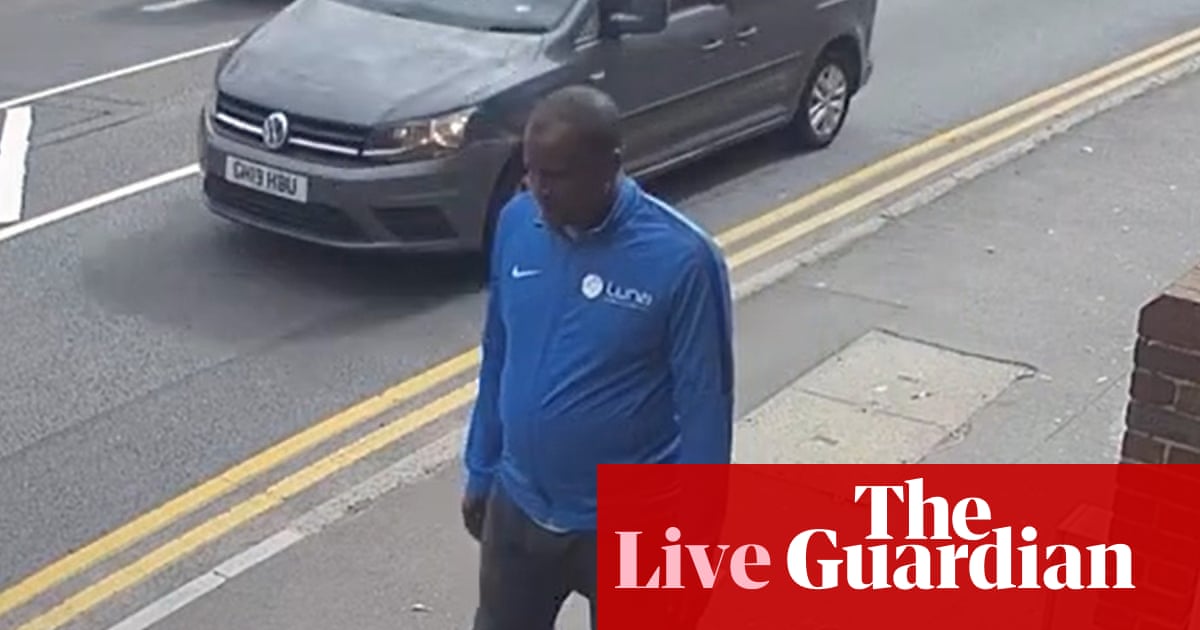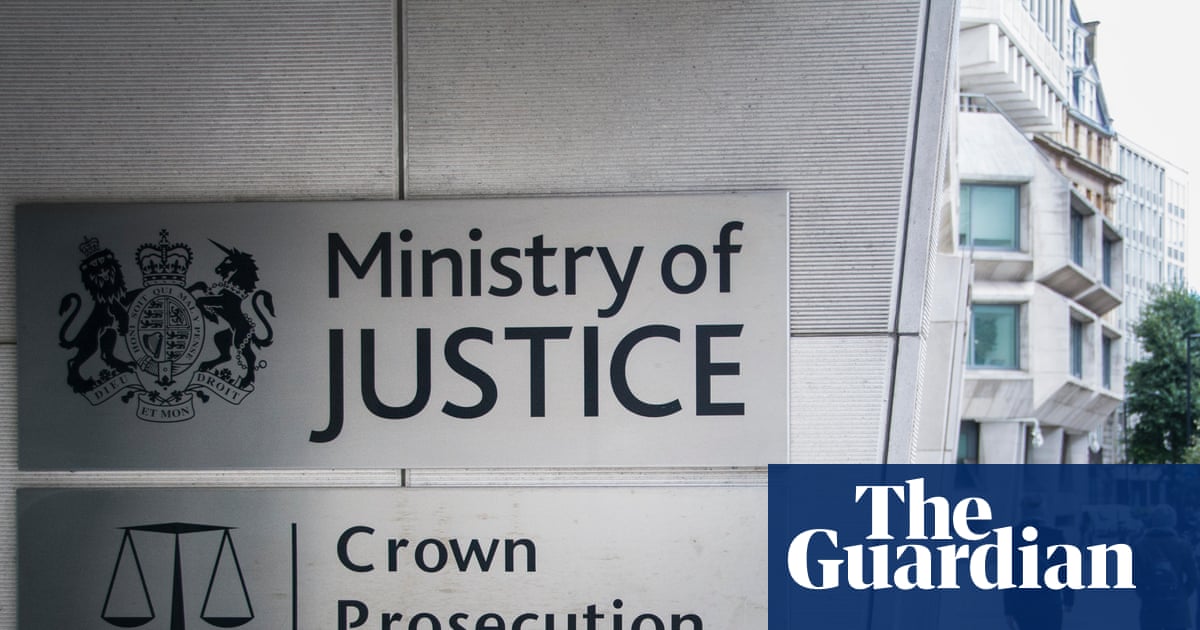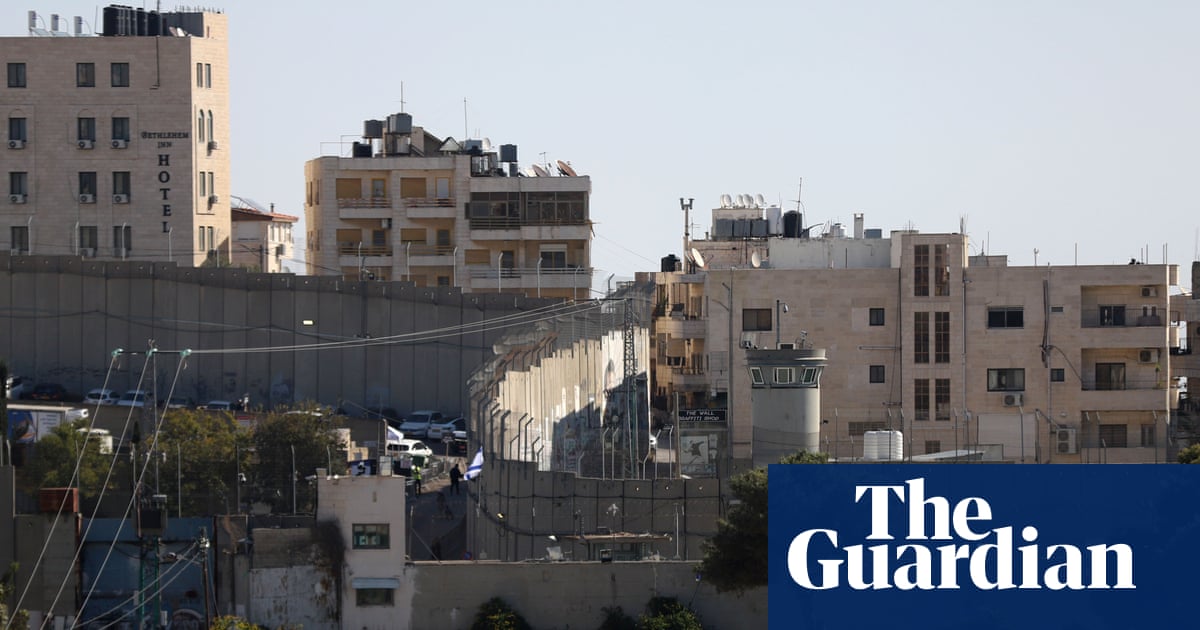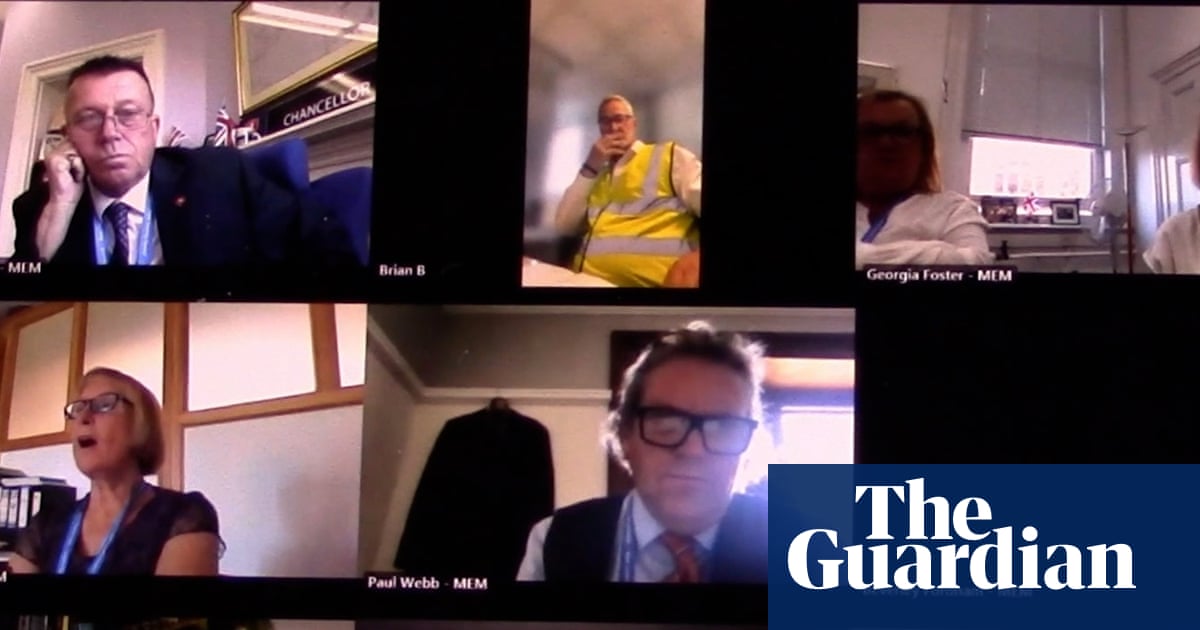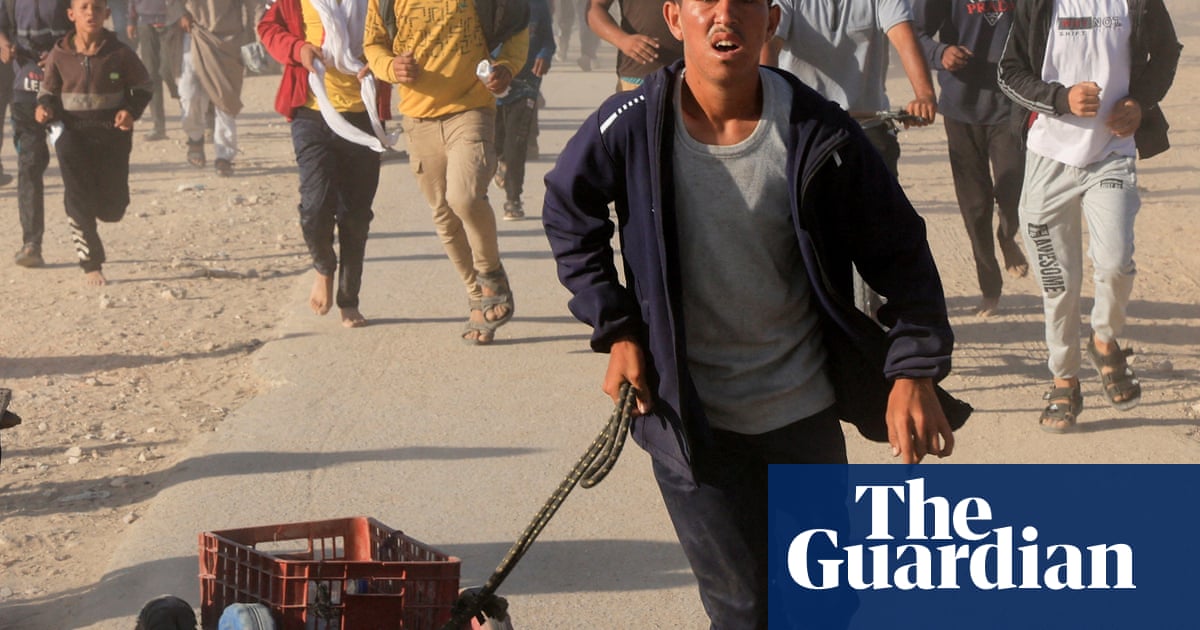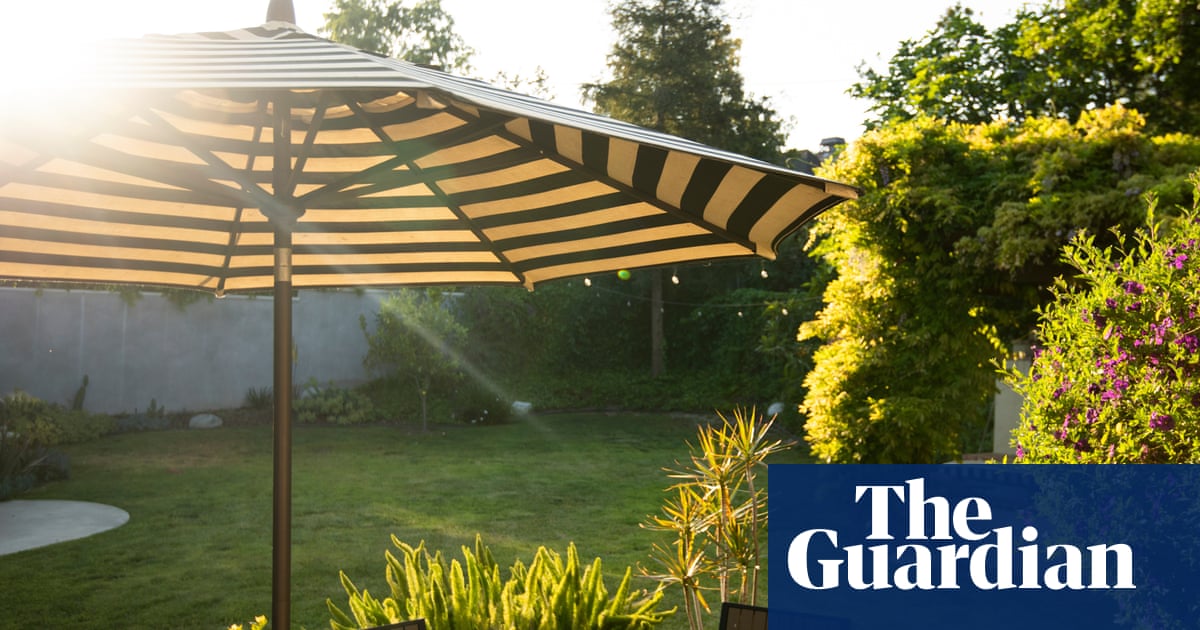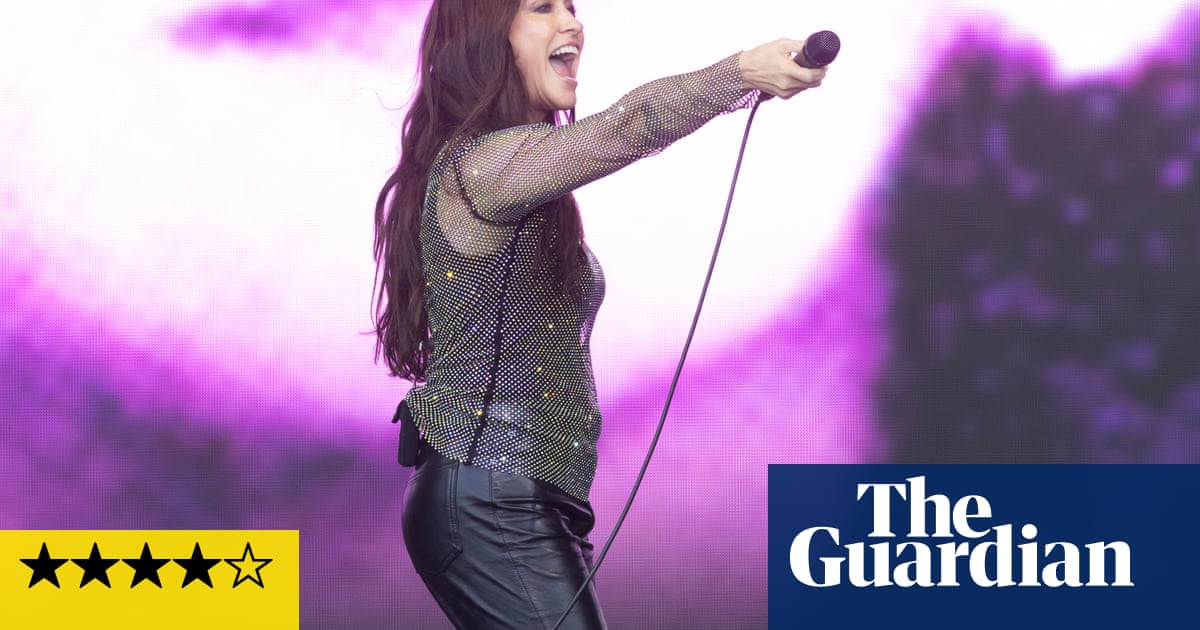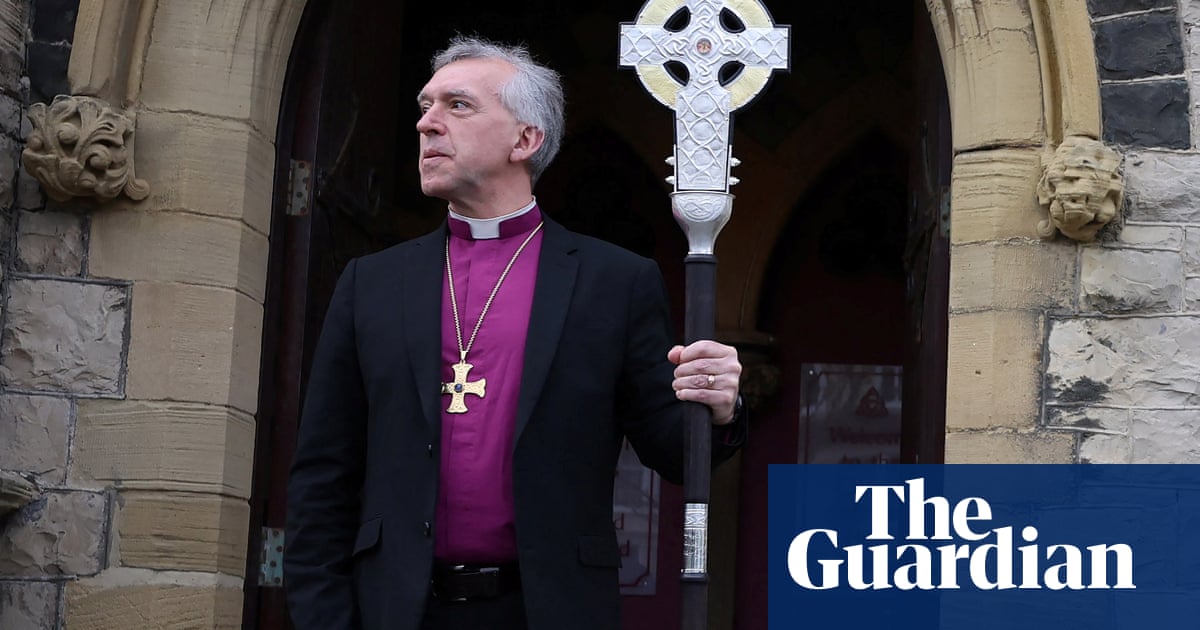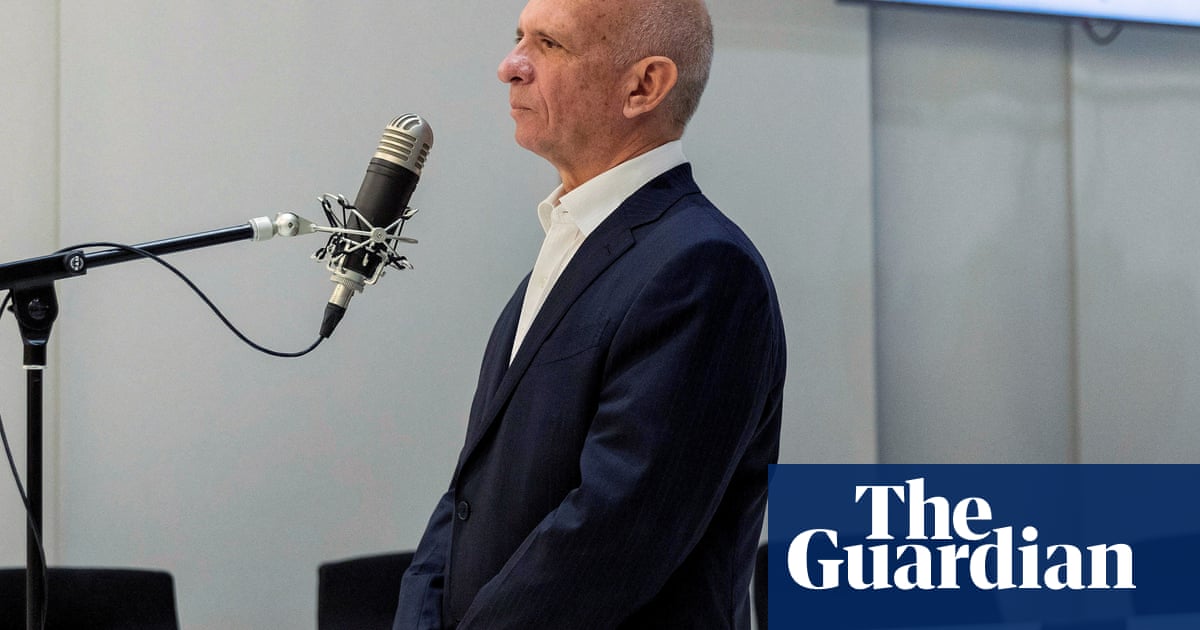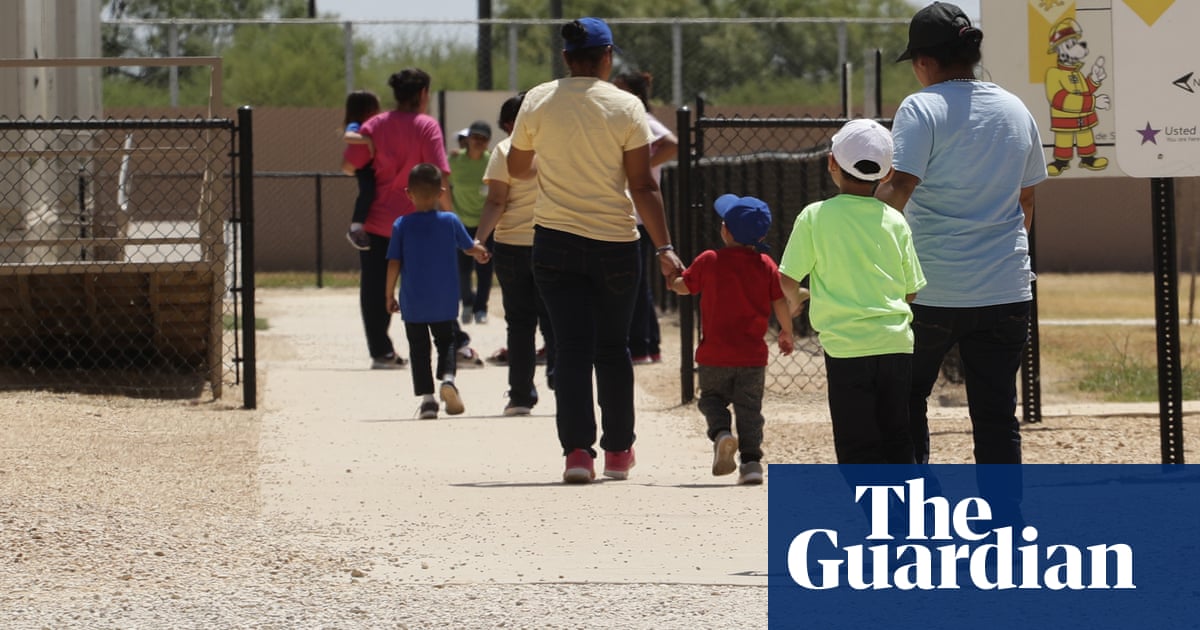“The East End of London is the far right’s prime target – the essence of everything they don’t like. They feel if they can march through our borough with impunity, they can go anywhere. For them, it’s like Wembley (stadium), it’s the ultimate goal,” said Glyn Robbins, co-founder of United East End, an anti-far right coalition of community organisations.
In the East End, the historically working-class neighbourhoods in the shadow of the City of London, there’s a feeling that history is repeating itself. It was 89 years ago this month that local people, many of them British Jews, drove out Oswald Mosley’s Blackshirt militia from Whitechapel in the East End, in what has become known as the Battle of Cable Street.
In the decades since, the National Front, the BNP and the English Defence League have all tried to carve out a foothold in the East End. In 2025, communities are fighting back against the hard right yet again.
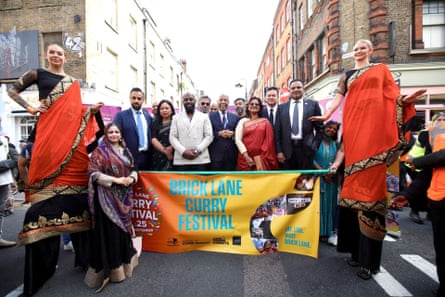
This week, rather than attempting to escort protesters, as they had in Mosley’s day, London’s police stopped the hard right UK Independence Party (Ukip) from staging a “crusade on Whitechapel” in the borough of Tower Hamlets, where 40% of the population is Muslim and 14% were born in the EU. The Metropolitan police said the ban was to prevent “serious disorder.”
It comes weeks after Tower Hamlets council passed a motion that said flags were “important emblems of patriotism and pride”, but condemned “outside far-right agitators … attempting to import division into our borough,” particularly on the Isle of Dogs, where the far-right BNP won a council seat back in 1993.
Furious far-right influencer Tommy Robinson tweeted the photographs of nine British Muslim councillors to his 1.7 million followers, saying: “Here’s a list of the names and faces of Tower Hamlets council for some perspective.”
The government’s decision to place asylum seekers at Britannia International Hotel in Canary Wharf, Tower Hamlets has attracted intense anti-migrant protest since the summer, including from a group called the Pink Ladies who say they are concerned about safety.
While this weekend’s Ukip march has been stopped, counter-protesters still plan to gather in Whitechapel on Saturday. Dave Rosenberg, who has run walking tours through the East End since 2007, including on local anti-fascist history, will be among them.
“I think we owe it to our parents, grandparents and great-grandparents to continue that struggle in the East End,” said Rosenberg, 67.

For Rosenberg, the ban on the march was a “double-edged sword” – “a relief to the most targeted communities”, but also “giving wider and wider powers to police to say who can demonstrate and where”.
“There’s a very direct parallel with the 1930s,” he said. In 1936, the Public Order Act was introduced to inhibit Mosley’s British Union of Fascists. Mosley’s wasn’t the first anti-immigrant movement to target the area – back in 1901, the British Brothers’ League (BBL) launched itself with a 1,000-strong rally in the East End, with the slogan “England for the English” and targeting Russian and Polish Jewish migrants.
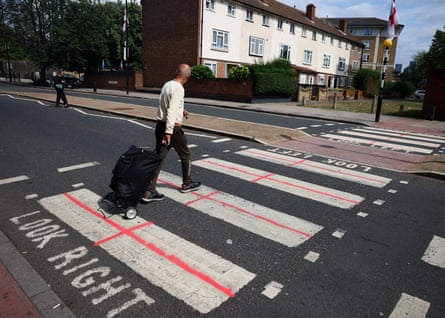
For Rosenberg, the repeated battle against the far right in the East End reflects two different visions of working-class life – one diverse, the other homogenous.
“It’s this sense that those organisations have had, from BBL to Ukip today, that this is ‘our territory’… and people are invaders and encroaching in our territory,” Rosenberg said.
Last week, Safia Jama, the 47-year-old CEO of the charity Women’s Inclusive Team, was chairing a Stand Up to Racism meeting when it was disrupted by rightwing protesters.
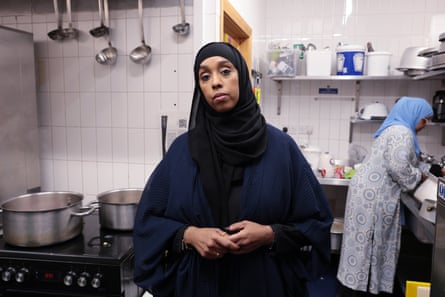
“I did not feel safe. I never ran out of somewhere so quickly,” she said. When she was a young girl, her father was attacked in Tower Hamlets and left disabled as a result.
The community has seen “huge achievements” since: Brick Lane and Spitalfields have experienced profound regeneration – and gentrification – and Canary Wharf is a leading financial centre.
While 62.7% of all residents in employment are in managerial or professional occupations, the borough has the highest rate of child poverty in the country, with about 27,000 people on the housing list, and about 15,000 people in overcrowded homes. With a median age of 30, it is the youngest borough in England and Wales, as well as one of the UK’s most socially and ethnically diverse areas.
“This is our home. We’ve made it our home,” Jama said. “We’ve invested tears, sweat, blood, whatever it might be, we’ve really worked hard to create an environment that is beautiful.”
But for months, tensions have been simmering in Tower Hamlets, as rightwingers have made its diversity the centre of a culture war.
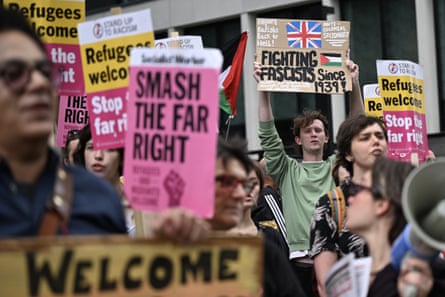
The latest escalation began in February, when Great Yarmouth MP Rupert Lowe tweeted about dual language signs in English and Bengali at Whitechapel tube station.
“This is London,” he wrote. “The station name should be in English, and in English only.” Elon Musk replied “yes”.
By June, Robinson was complaining about bilingual children in Whitechapel, adding “a district once synonymous with Jack the Ripper and the Kray twins and home to the nation’s true cockneys, now this.”
Lutfur Rahman, Tower Hamlets’ British Bengali mayor, described the online attack as “despicable”. Rahman has defied controversies to lead the borough repeatedly since 2008, with progressive social policies.
All primary and secondary schoolchildren enjoy free school meals, the borough provides university bursaries and the education maintenance allowance for working-class teenagers and is investing, the leadership says, £700m in council homes, funded by “taxing wealth, and high business rates for big business”.
Rahman said: “In the late 1980s and early 90s, parts of the borough were no-go areas for people of colour. Since then successive leaders have invested in the people of the borough – and it’s worked well for us. We have over 300,000 people, we don’t want anyone to feel left out.
“Now, 90% of our residents say they get one with each other. I grew up in this borough, our white neighbours helped my mother, helped me when my father went to work. My mum couldn’t speak English, it was our neighbours, the community spirit of the East End, that got us through those difficult days in the 70s and 80s.”
In September, the borough hosted a festival to celebrate this legacy, in a direct response to Robinson’s “unite the kingdom” rally in central London. New dual language signs were unveiled on the town hall – the restored former Royal London hospital – a snub to Lowe and Musk.
Pearly kings and queens, a steel band, Celtic dancers, klezmer musicians, Bengali, Somali and Chinese acts performed and told stories of the East End through the ages, while a curry festival took place on Brick Lane, events attracting 25,000 people over two days.
“The truth is, in the midst of all rancour and in the midst of all uncertainty, there is hope,” said Rev James Olanipekun, co-chair of the Tower Hamlets interfaith forum. “We are united and we are together.”

Living in the borough has not been without incident for Olanipekun. Once, a brick was thrown at his wife’s car. “I didn’t look at it, I said nothing. After all, I was insured,” he said with a laugh.
“Racism has a long history and Tower Hamlets, we’ve had a particular variant of it,” Robbins, a university lecturer who has seen off numerous far-right marches since United East End was created in 2010. “(But) now, what they’re saying is being echoed by the government, or the government in-waiting.”

.png) 4 hours ago
4
4 hours ago
4
